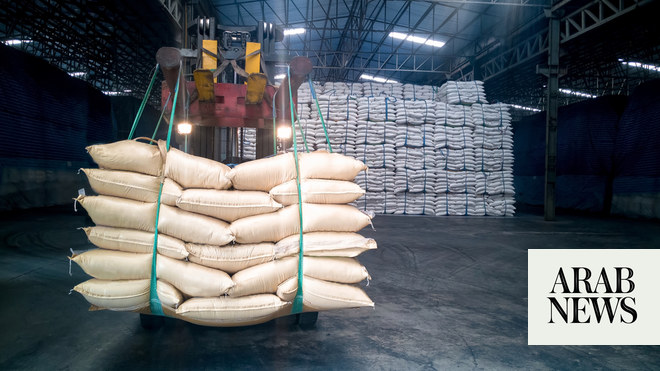
Exporters need government approval before selling their products abroad
Trade regulator imposes curbs from July 12 citing global supply disruptions
NEW DELHI: The Indian government imposed on Thursday restrictions on wheat flour exports, after banning the export of grain to insulate its markets from the global food crisis.
In a surprise move in May, India prohibited grain exports citing domestic security risks, as a scorching heatwave curtailed output.
The ban came as global buyers were banking on the planet’s second-biggest wheat producer for supplies after exports from the world’s breadbasket, the Black Sea region, plunged following Russia’s invasion of Ukraine in late February.
While the international community has called on India to reconsider the export ban, saying it could play a significant role in helping to alleviate the current food supply crisis, the new curbs on flour will take effect from July 12.
“Global supply disruptions in wheat and wheat flour have created many new players and has led to price fluctuations and potential quality related issues,” the Directorate General of Foreign Trade said in a notification, adding that flour exporters will need to seek government approval before selling their products abroad.
India’s wheat flour exports went up sharply this year, as it exported a record 7 million tons worth over $2 billion — 274 percent more than in the corresponding period last year, according to local media reports.
Indian wheat flour goes mainly to Sri Lanka, the Middle East and Africa, according to Pramod Jain, vice president of the Roller Flour Millers Federation of India.
The decision, he told Arab News, was seen as a means to control inflation.
“Availability of wheat is under a question mark in India. The government is being cautious,” Jain said.
“I think by curbing exports the price in the domestic market would be controlled. Though it is bad for millers, it is good for the country.”












